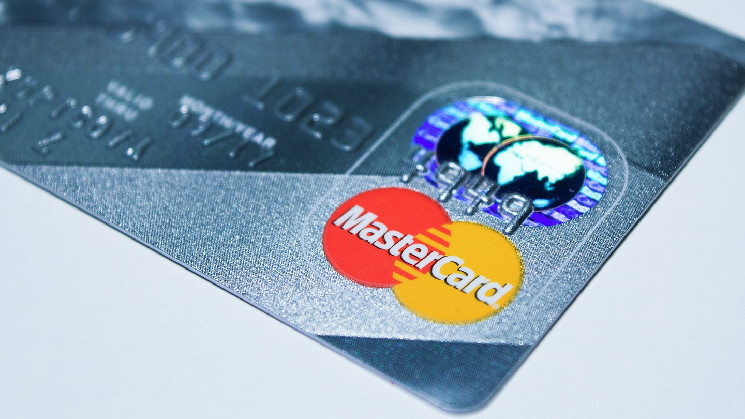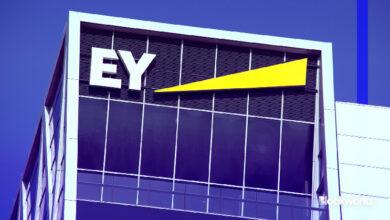Mastercard Plans Web3 Collaborations With Self-Custody Wallet Firms

Payments giant Mastercard is exploring how best to collaborate with self-custody wallet firms like MetaMask and Ledger, according to a Web3 strategy workshop report seen by CoinDesk.
Mastercard pointed out in a presentation deck that having a payments card helps wallet providers increase the number of active users and build loyalty and other revenue streams while giving cardholders the opportunity to spend their crypto balance in a frictionless way.
But wallet firms face significant demands on resources when introducing a card in a new region, which is where Mastercard and its issuance partners come in. The 57-year-old payments technology firm also said it is evaluating “new models for global issuance using stablecoin on chain settlement” and “inexpensive fast chains,” according to the deck.
“Mastercard is bringing its trusted and transparent approach to the digital assets space through a range of innovative products and solutions – including the Mastercard Multi-Token Network, Crypto Credential, CBDC Partner Program, and new card programs that connect Web2 and Web3,” a Mastercard spokesperson said via email.
Large credit card networks are moving ahead with crypto despite tough market conditions and regulatory uncertainty in places like the U.S. Earlier this year, Mastercard made clear its Engage program will focus on bringing new crypto card programs to market. Visa, meanwhile, has been working with stablecoin USDC and the Solana blockchain for cross-border payments and exploring ways to smooth out wrinkles like paying Ethereum gas fees.
Mastercard will release a set of franchise standards, or rules for partner firms, to ensure consumer protection, price competition and transaction monitoring requirements, according to the deck. The company’s acquisition of CipherTrace back in 2021 means the blockchain analytics specialist is on hand to provide monitoring services.
Once the proposed standards are validated, the next step would be to issue a card targeting the EU or U.K. as a first market, Mastercard said in its presentation deck.
“Users want a simple solution – seamless transactions without pre-funding, without spending crypto and without having to deal with taxes,” it said.





